View all filters
Clear
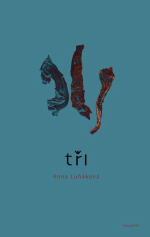
Tri!
Translated from
Czech
to
Serbian
by Jelena Đorđević
Written in Czech by Anna Luňáková
7 minutes read
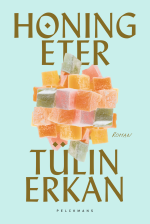
ARRIVALS / GELIȘ (Medar)
Translated from
Dutch
to
Slovenian
by Lucija Janc Novak
Written in Dutch by Tülin Erkan
6 minutes read
Cara, francamente me ne infischio
Translated from
Czech
to
Italian
by Elena Zuccolo
Written in Czech by Lucie Faulerová
9 minutes read
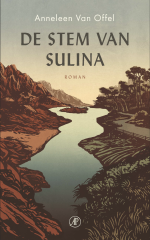
Sulinin glas
Translated from
Dutch
to
Slovenian
by Lucija Janc Novak
Written in Dutch by Anneleen Van Offel
6 minutes read
Nici
Translated from
Dutch
to
Polish
by Ewa Dynarowicz
Written in Dutch by Hannah Roels
6 minutes read
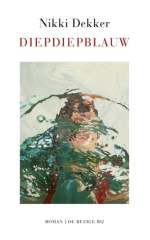
Pesce piatto
Translated from
Dutch
to
Italian
by Olga Amagliani
Written in Dutch by Nikki Dekker
8 minutes read
Residence
Translated from
Italian
to
Portugese
by Ana Cristino
Written in Italian by Maurizio Amendola
9 minutes read
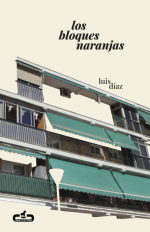
Blocurile portocalii
Translated from
Spanish
to
Romanian
by Ilinca Gângă
Written in Spanish by Luis Díaz
8 minutes read
Iadul
Translated from
Dutch
to
Romanian
by Irina Kappelhof Costea
Written in Dutch by Aya Sabi
8 minutes read
Sve sveri Poljske
Translated from
Spanish
to
Serbian
by Ljubica Trošić
Written in Spanish by Adriana Murad Konings
7 minutes read
Bestias todas del campo
Written in Spanish by Adriana Murad Konings
9 minutes read
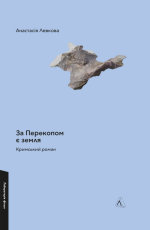
Имало едно време Крим
Translated from
Ukranian
to
Bulgarian
by Dayana Gocova
Written in Ukranian by Anastasia Levkova
8 minutes read
Synopse
Translated from
Italian
to
Czech
by Monika Štefková
Written in Italian by Arianna Giorgia Bonazzi
4 minutes read
Človek spet je brat človeku
Translated from
Dutch
to
Slovenian
by Ariela Herček
Written in Dutch by Yelena Schmitz
7 minutes read
Manobra
Translated from
Dutch
to
Portugese
by Xénon Cruz
Written in Dutch by Simone Atangana Bekono
8 minutes read
wypychanie ciała
Translated from
Dutch
to
Polish
by Olga Niziołek
Written in Dutch by Nikki Dekker
7 minutes read
Podul
Translated from
Portugese
to
Romanian
by Simina Popa
Written in Portugese by João Valente
9 minutes read
Upřímně, miláčku, je mi to fuk
Written in Czech by Lucie Faulerová
7 minutes read
A ponte
Written in Portugese by João Valente
9 minutes read
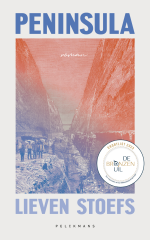
Korytarz (Peninsula)
Translated from
Dutch
to
Polish
by Anna Opara
Written in Dutch by Lieven Stoefs
7 minutes read